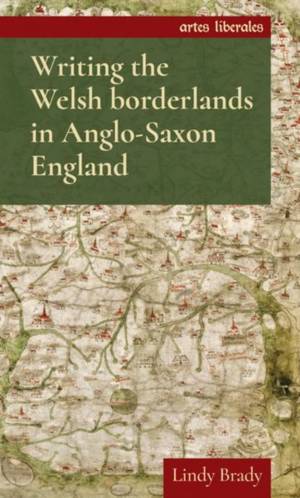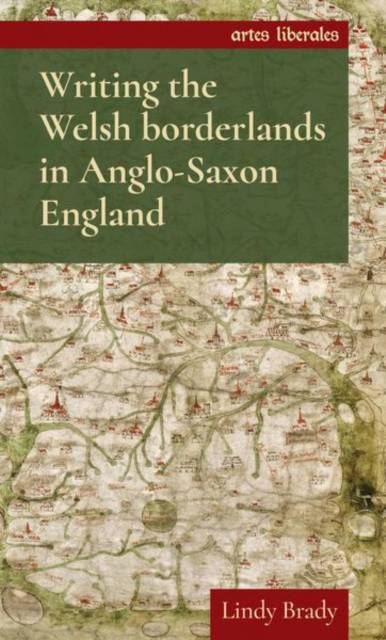
- Afhalen na 1 uur in een winkel met voorraad
- Gratis thuislevering in België vanaf € 30
- Ruim aanbod met 7 miljoen producten
- Afhalen na 1 uur in een winkel met voorraad
- Gratis thuislevering in België vanaf € 30
- Ruim aanbod met 7 miljoen producten
Zoeken
Omschrijving
This is the first study of the Anglo-Welsh border region in the period before the Norman arrival in England, from the fifth to the twelfth centuries. Its conclusions significantly alter our current picture of Anglo/Welsh relations before the Norman Conquest by overturning the longstanding critical belief that relations between these two peoples during this period were predominately contentious. Writing the Welsh borderlands in Anglo-Saxon England demonstrates that the region which would later become the March of Wales was not a military frontier in Anglo-Saxon England, but a distinctively mixed Anglo-Welsh cultural zone which was depicted as a singular place in contemporary Welsh and Anglo-Saxon texts. This study reveals that the region of the Welsh borderlands was much more culturally coherent, and the impact of the Norman Conquest on it much greater, than has been previously realised.
Specificaties
Betrokkenen
- Auteur(s):
- Uitgeverij:
Inhoud
- Aantal bladzijden:
- 216
- Taal:
- Engels
- Reeks:
Eigenschappen
- Productcode (EAN):
- 9781526139320
- Verschijningsdatum:
- 13/03/2019
- Uitvoering:
- Paperback
- Formaat:
- Trade paperback (VS)
- Afmetingen:
- 140 mm x 213 mm
- Gewicht:
- 317 g

Alleen bij Standaard Boekhandel
+ 122 punten op je klantenkaart van Standaard Boekhandel
Beoordelingen
We publiceren alleen reviews die voldoen aan de voorwaarden voor reviews. Bekijk onze voorwaarden voor reviews.







